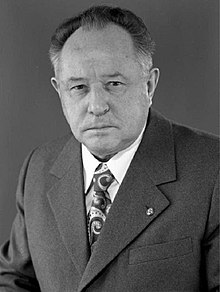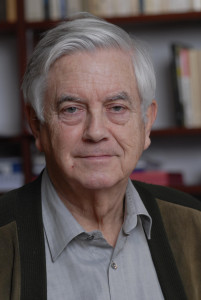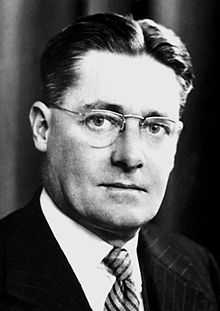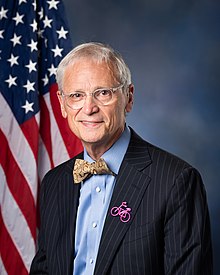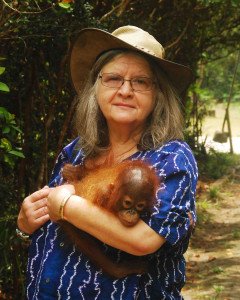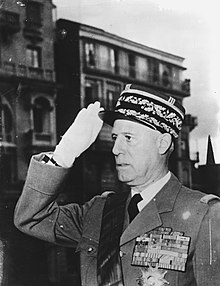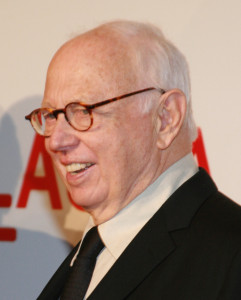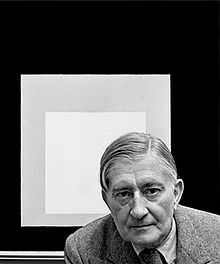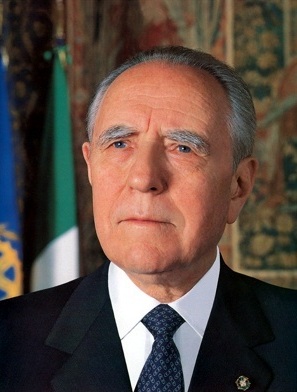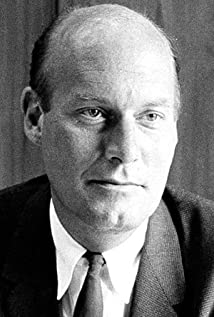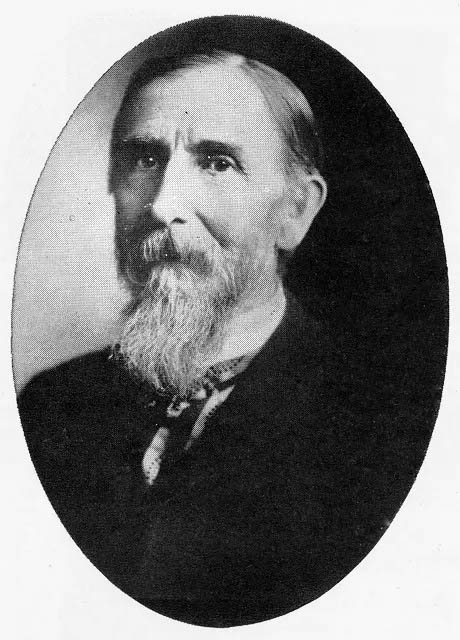According to John Koehler, "Mielke was a special protege of Kippenberger's having taken to his paramilitary training with the enthusiasm of a Prussian Junker. World War I veterans taught the novices how to handle pistols, rifles, machine guns, and hand grenades. This clandestine training was conducted in the sparsely populated, pastoral countryside surrounding Berlin. Mielke also pleased Kippenberger by being an exceptional student in classes on the arts of conspiratorial behavior and espionage, taught by comrades who had studied at the secret M-school of the GRU in Moscow."


